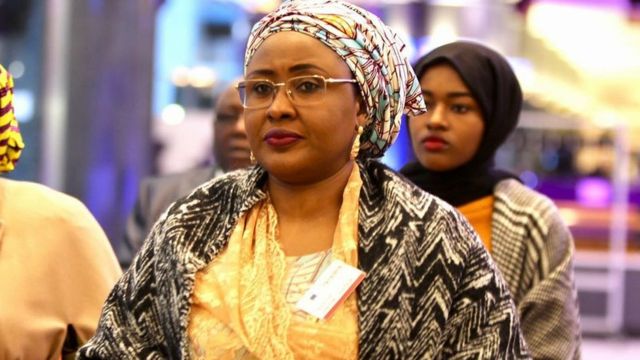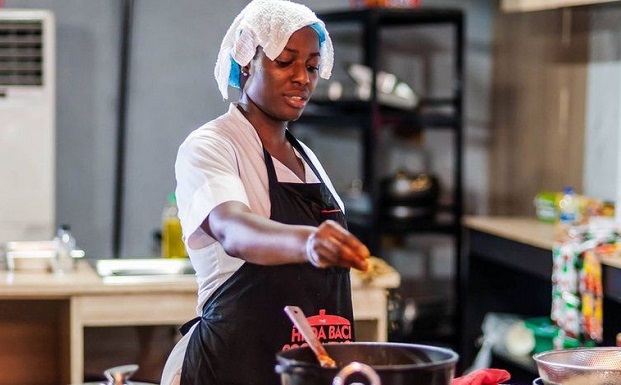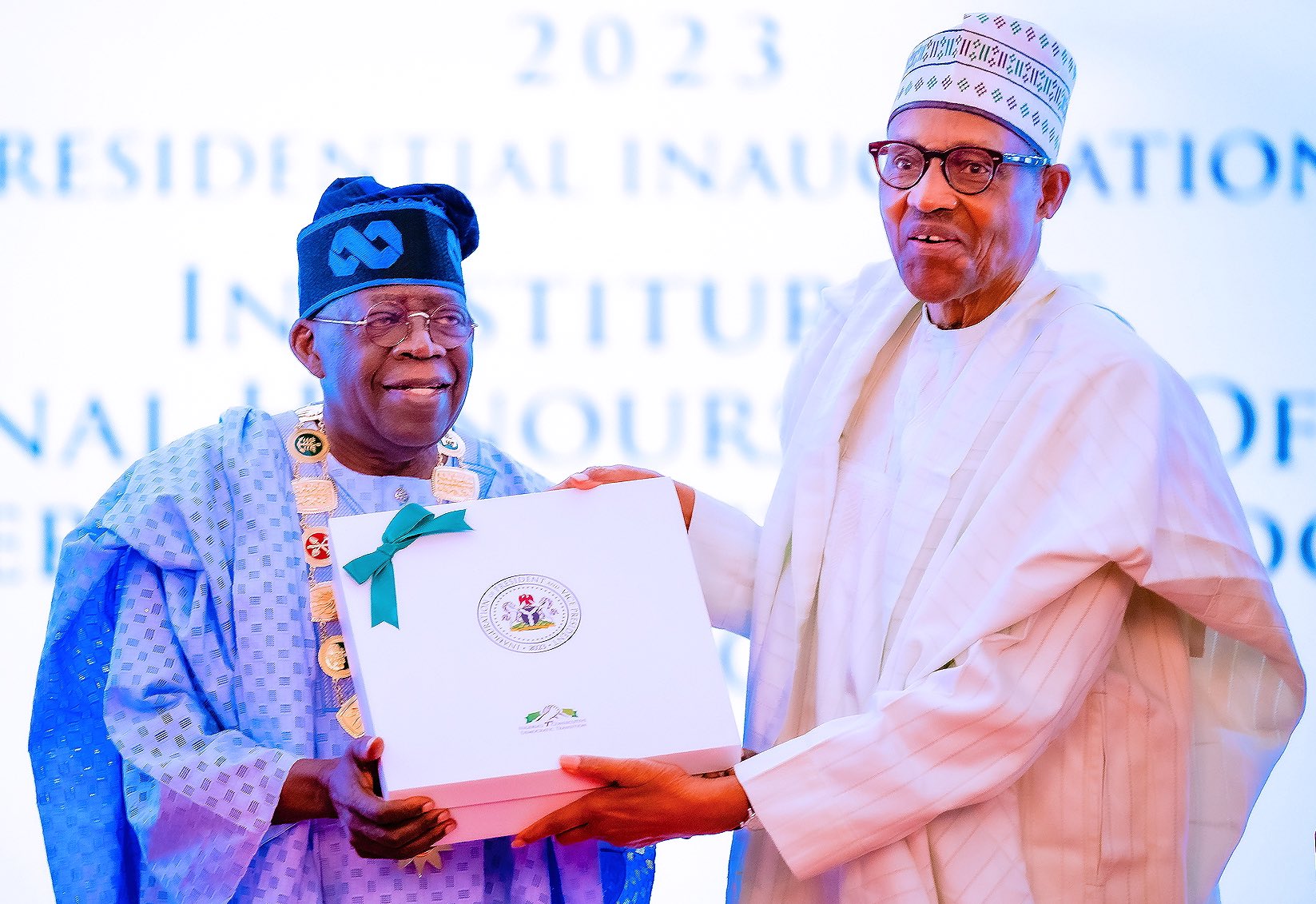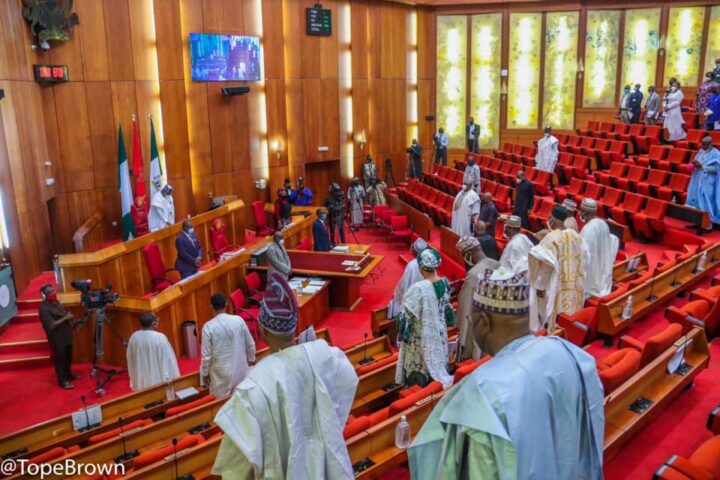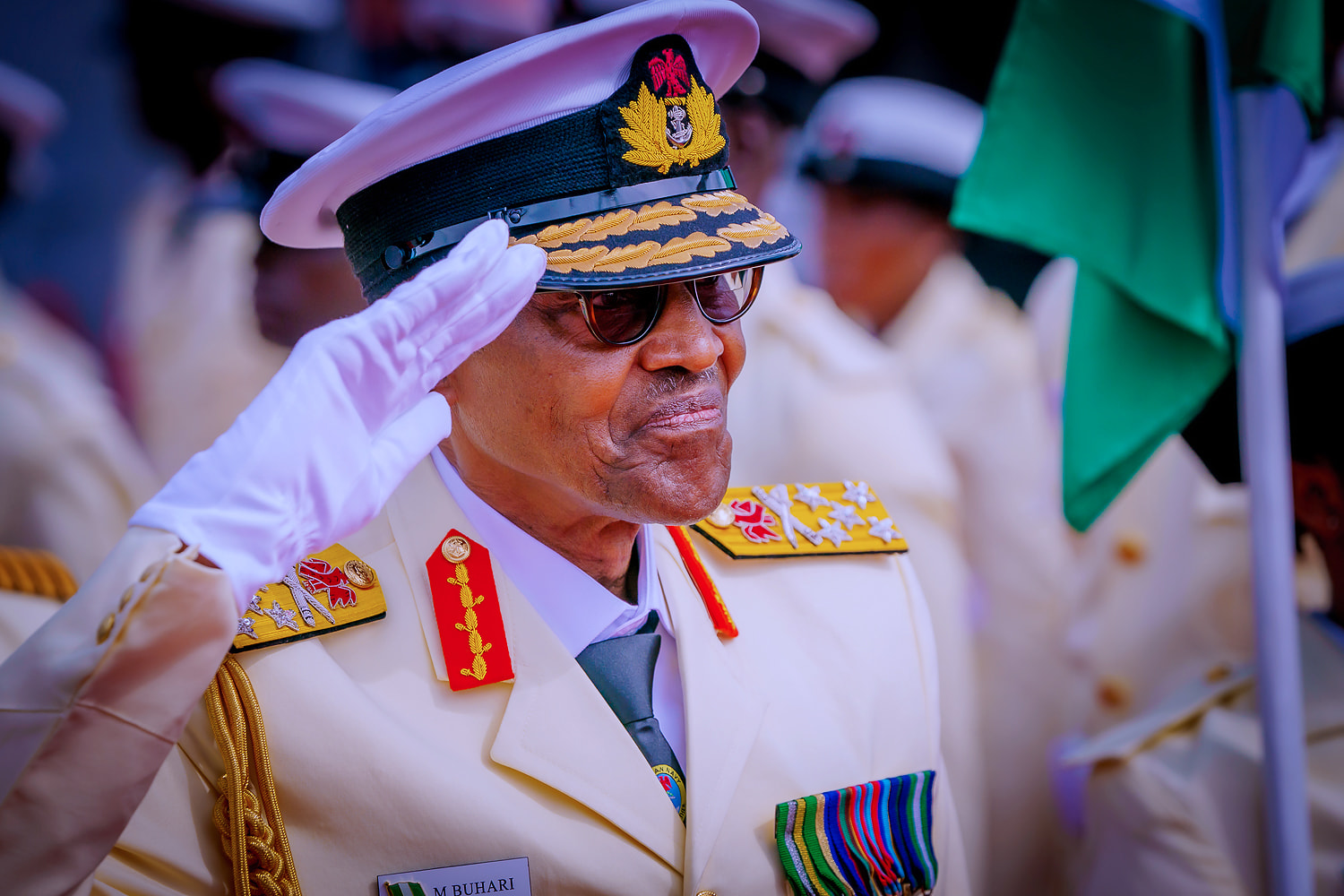Aisha Buhari comes under fire on Twitter
Nigerians will miss Aisha Buhari probably more than her husband when he leaves office in five days.
The people have elected her husband as president twice in the last eight years, but the First Lady spoke much more to Nigerians than her taciturn husband, who seemed disconnected from people’s reality.
Not that Buhari does not care about Nigerians, but the president is stuck on a few ideas of what Nigerians and their sufferings look like. He operated and spoke from those premises, without apologies to anyone. His wife is a bit more in tune with ongoing events in the country. As a result, she adjusted her interventions to suit the prevailing circumstances. She got praises and drew flak, depending on the public perception of what she offered at every material time.
Although she is the latest in a long list of glamorous people who have occupied this position, Aisha Buhari is a First Lady in her own class. Hitherto, for instance, Nigerians accused these women of dictating to, even sometimes, dominating, their husbands.
Advertisement
The late Mariam Babangida, who gave life to the position in the 1980s, was accused of being the power behind the throne of former Military President Ibrahim Babangida. Many Nigerians did not like her for this. They also held her flamboyance against her, apparently with the assumption that the state underwrote this indulgence.
Maryam Abacha was also suspected of being behind her husband’s many totalitarian decisions. Justice Fati Abubakar escaped public scrutiny because she was busy in the courts and did not have time to hold court at Aso Rock during her husband’s reign.
The late Stella Obasanjo was too flamboyant and overbearing for the appetite of many Nigerians. As strong as people know her husband to be, many Nigerians hold the view that she influenced him greatly.
In the estimation of Nigerians, Hajia Turai Yar’Adua did not just control her husband; she was alleged to have held the nation to ransom during his illness and eventual transition. With Patience Jonathan, observers attributed many decisions of her husband, including the choice of people who got tickets to contest some offices, to the former First Lady. At some point, her perceived meddling was perceived as one sign of her husband’s failure.
Advertisement
Mrs Buhari never came across as having such influence on her husband’s government. At least until last week!
Since 2016, when she made her first public remarks about the Muhammadu Buhari regime, this First Lady has presented the visage of an outcast within her husband’s government. The president also promoted this outlook.
In October 2016, 20 months into her husband’s government, Mrs. Buhari told the British Broadcasting Corporation: “The President does not know 45 out of 50 of the people he appointed, and I don’t know them either, despite being his wife of 27 years.” She repeated this sentiment several times in the first four years of her husband’s presidency, even narrowing down on some unnamed two people whom she alleged had formed a ring of incompetence around her husband. She also threatened that unless things changed, she may not join Buhari’s campaign train for a second term in 2019.
The husband responded a few hours later by dismissing her locus standi on government matters. Although Buhari chose the most inappropriate time and place of a joint press briefing with German Chancellor Angela Merkel to respond, his position was unmistakable. Hear him: “I don’t know which party my wife belongs to, but she belongs to my kitchen, my living room, and the other room.”
But the first lady did not relent. Now and then, she had something to say about the performance or lack thereof within the government. Many Nigerians saw her as a champion of their course until last year’s travails of Aminu Mohammed, a university student who posted something the First Lady or her handlers considered defamatory. Many people raised questions about Mrs. Buhari’s use of power and the nexus that it has with what seemed to be her love for the people.
But have the first lady’s interventions always been on behalf of the people?
Advertisement
Some of her past remarks reveal a lady whose angst is mostly about the exclusion of some people she would rather have in government. This sentiment suggests that her interest may be primarily based on the failure of expected patronage rather than a campaign for merit. But even then, this likely self-serving motive is always wrapped in the garb of concern for the welfare of Nigerians.
Another occasion for such grandstanding came up at the inauguration of the N21bn Presidential/VIP Wing of the State House Medical Centre. For the first time in eight years, the President’s wife owned an initiative. Without being explicit, she told us that the upgrade of the facility was her idea. She also expressed joy that future leaders of the country will not need to seek medical attention outside of the country any longer. Mrs Buhari said she started the project in 2017, when her husband spent three months abroad, and expressed her fulfilment at the attainment of her dream “for the health and wellness of the First Family.’’ According to her, they don’t need to go abroad anymore, they only need to fly in experts to help when need be.
Now, the undiscerning may be tempted to commend the outgoing First Lady for the soft influence she claimed to have exerted on her husband. But hidden under all this triumphalism is a misunderstanding of the essence of government by the elected and those who advise them.
What Aisha Buhari said shows that a major factor in the continuous suppression of the Nigerian people is the misconception that the political elite needs to preserve itself more than the people.
While Mrs. Buhari is fighting for her husband and people of their ilk, hundreds of thousands of Nigerians are falling ill, and many dying from ailments that have become history in many parts of the world. Granted that the states and local government have responsibility for primary and secondary healthcare delivery, but how much has the Federal Government fared with the tertiary health institutions over which it has charge? How much of the collaboration that the National Health Act (2014) allows has been explored?
Advertisement
In 2016, the budgetary capital allocation to this same State House Hospital was about N787m more than what the 16 teaching hospitals in the country combined got. Between that year and 2020, over N10bn was appropriated to this hospital. Yet, the President, his family members, and their staff travel out of the country for medical attention at the drop of a hat.
While that is going on, Nigeria continues to present the worst health indices possible. Maternal mortality is at 576 per 100,000 births. This is one of the worst in the world. Infant mortality is 68 of every 100 live births, while under-five mortality is 129 of every 1,000 live births. The country’s population is growing at an alarming rate, but there are no coherent plans for the children that are born.
Advertisement
In the same breath that Mrs. Buhari credited Nigeria with competent personnel, she spoke about flying in medical experts to treat the first family. It is a shame that a country that produced someone like Dr. Nathaniel King, an Edinburgh and Aberdeen-trained medical doctor almost 150 years ago in 1876, will celebrate the provision of exclusive medical care and the importation of expatriate specialists. This is while the government allows the massive emigration of doctors while those who remain in the country wallow in poverty and work in substandard conditions.
It is a tragedy that Nigeria’s political elite only think about themselves while serving the people who gave them power with mere tokens. They have abandoned health care delivery as they pay lip service to critical social services like education. But they know how to provide the best for themselves and their family members. This is what Mrs. Buhari’s utterance at the event last week said about Nigeria and the thing that may define her legacy.
Advertisement
Adedokun can be reached via Twitter @niranadedokun
Advertisement
Views expressed by contributors are strictly personal and not of TheCable.

